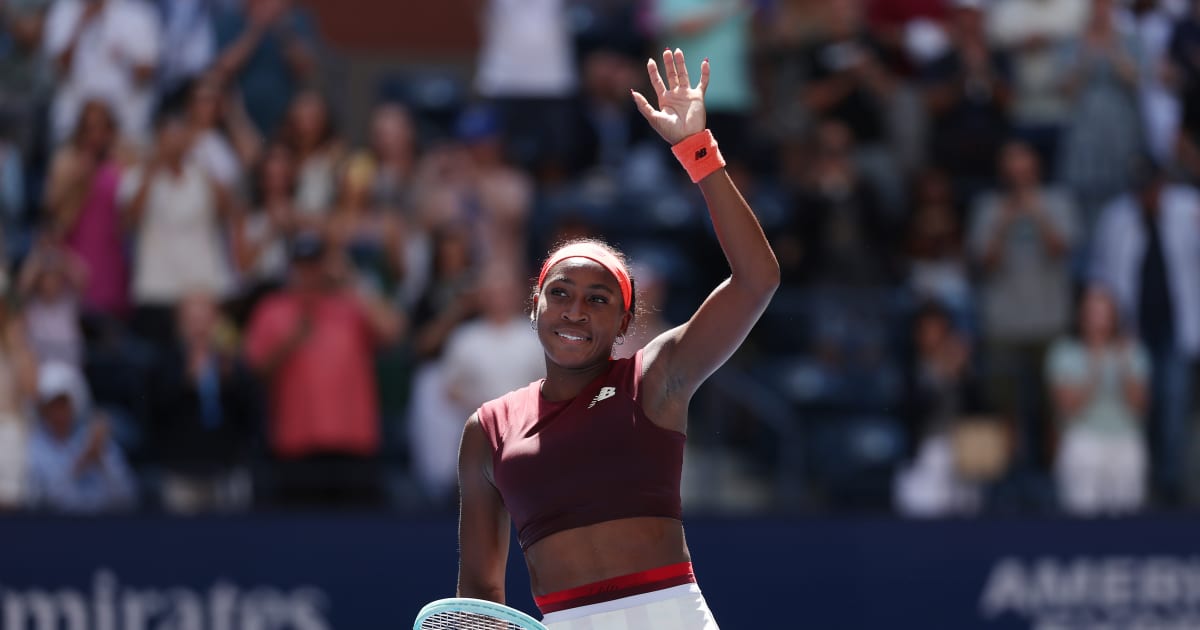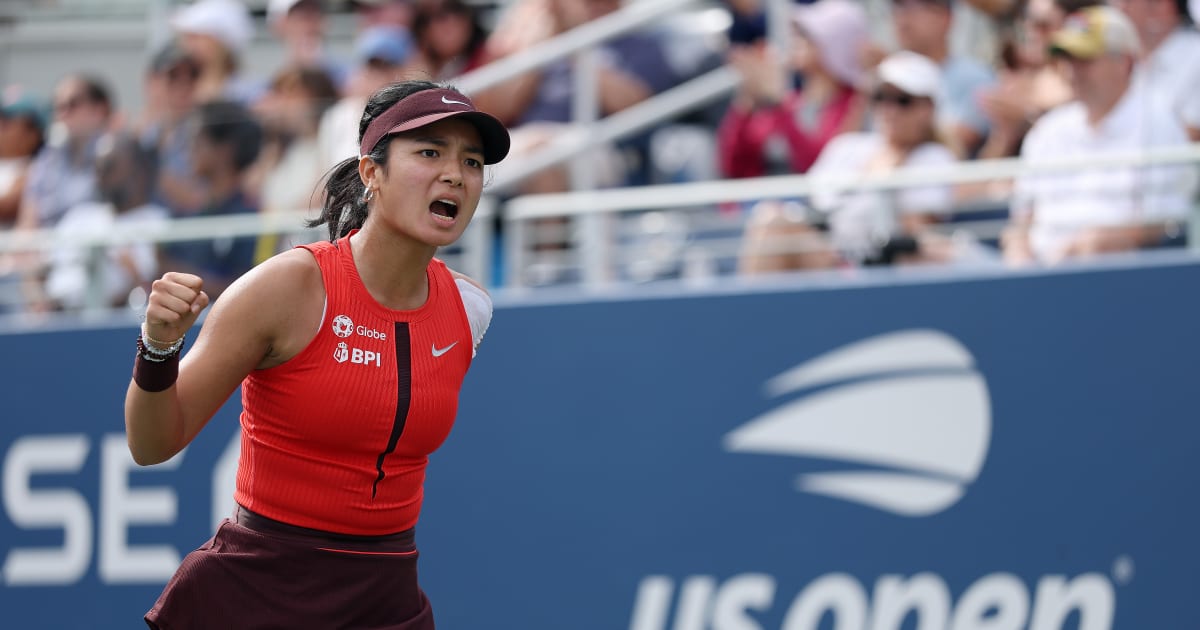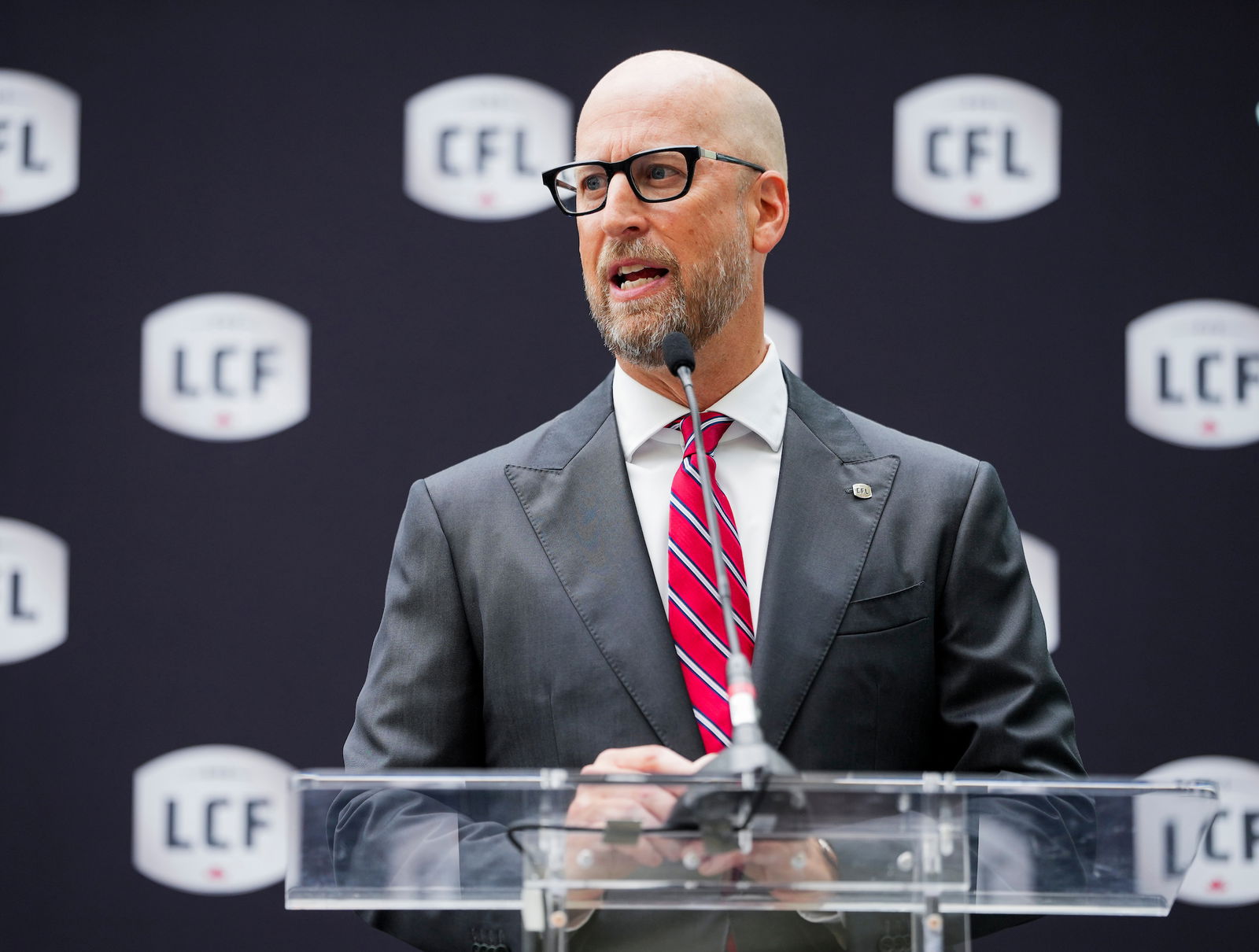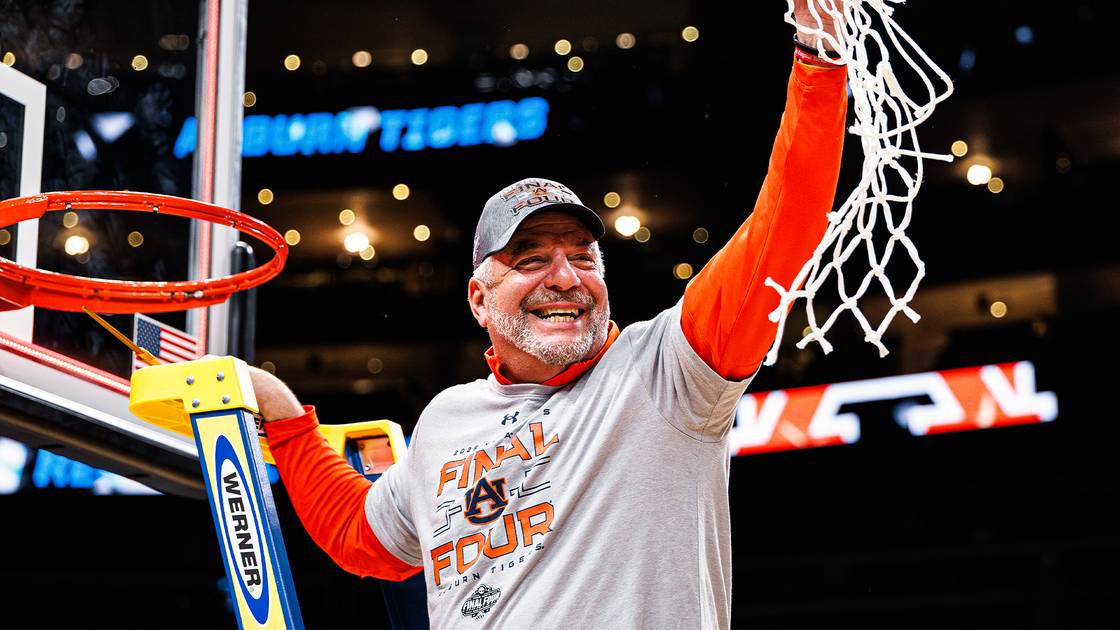Valent Sinkovic exclusive: Why technique is the most underrated area of rowing
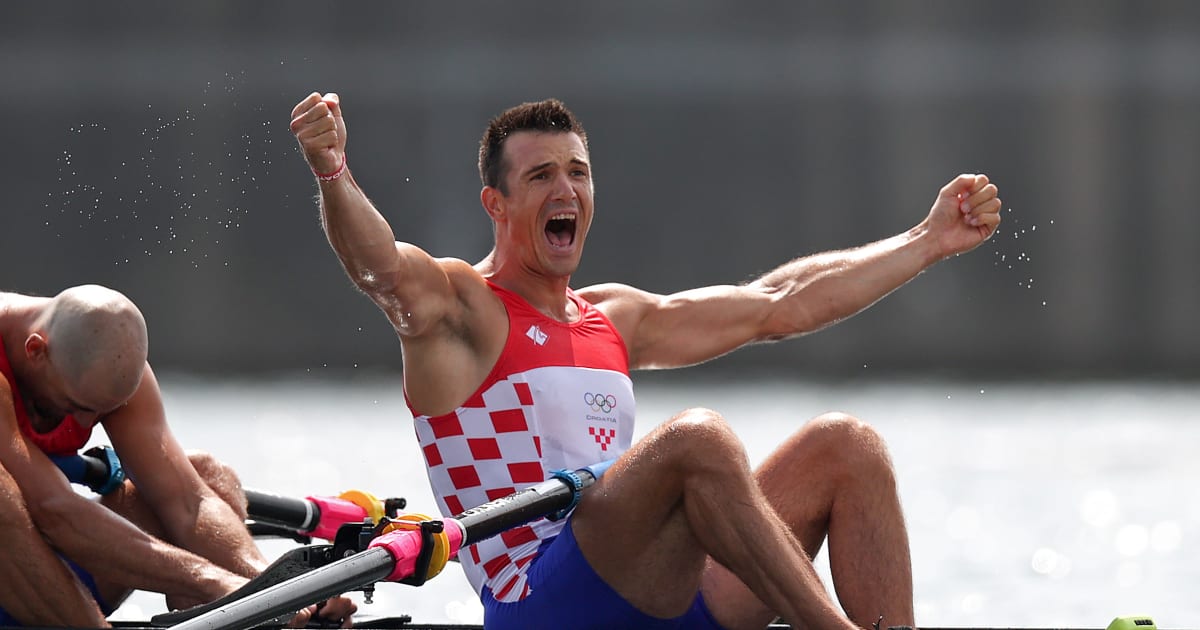
Croatian brothers Valent and Martin Sinkovic have created a rowing dynasty.Since making their Olympic debut at London 2012, the pair have won three Olympic gold medals and one silver, while they’ve also been part of six world championship-winning boats.However, this success has never got to their heads.Over the years, the Sinkovics have been asked frequently about their secret to success and longevity, and the answer is always the same: hard work, discipline, and consistency.But if they ever needed reminding about how their status has changed, they got it in the Olympic Village at Tokyo 2020.“We were eating in a big canteen, and some guy behind us started talking to us in our language. We turned around, and it was Novak Djokovic, who knew us because Serbia is next to Croatia, and the two countries know each other well. That was a very cool moment,” Valent Sinkovic told Olympics.com.The physical requirements of tennis and rowing could hardly be more contrasting.Yet, the racket sport holds a special significance for Sinkovic, whose early sporting hero also came from the sport.“I always supported Roger Federer; he was my favourite athlete when I was younger.”“Then once we started rowing, it became Slovenian Iztok Čop. He has four Olympic medals as well, and he was the Olympic champion when we were learning. We even had some training camps with him and we learnt that you can do a lot more training that we ever thought was possible. He set the standard for us, so you could argue he was the most influential person on our careers.”Valent Sinkovic: Technique is the most underrated area of our sportRowing training is not for the faint-hearted.It’s one of the most physically demanding sports in the world, with athletes balancing astonishing strength with impressive endurance, while also possessing the ability to execute delicate techniques.They wake up in the cold early hours of the morning for their first practice of the day, when the water is at its most still, and burn an obscene amount of calories.It’s for these reasons that the siblings are often asked a second question: After winning everything the sport has to offer several times, where does the motivation to keep grinding year in year out with such consistency come from?“I like rowing, I'm passionate about it, and when there are difficult times, if you like something, you will stay with it,” he continued.“The second thing is that I like to train and work hard. In rowing, that pays off as a lot of repetition is needed.“Lastly, I can concentrate on technique. Everyone knows about rowers’ strength and lung capacity, but this is perhaps the most underrated area of our sport. We can be talking about a one-centimetre change in the blade’s angle upon entering the water.“With my brother and our coach, when we go on the water, every stroke we're thinking about something that we can make better. It’s hard to concentrate on such small details for so long, but we can do that.“Over the past 18 years, our training hasn’t changed much. We’ve had the same coach from the beginning in 2007, and we are really proud of that.”The Sinkovics are Olympic Solidarity scholarship holders, and Valent also acknowledged the benefits of this grant in helping them achieve their sporting dreams.“It helped us a lot, because we don't have large funds available in Croatia. So the Olympic Solidarity funding helped with additional food, supplements, and a gym coach.”Olympic Solidarity aims to ensure that talented athletes from all backgrounds have an equal opportunity to reach and succeed on the Olympic stage. By providing essential funding, the programme helps them pursue and achieve their Olympic dreams. With a particular focus on athletes and National Olympic Committees (NOCs) most in need, individual scholarship-holders receive financial support through monthly grants that contribute to their training and qualification efforts — whether in their home country or at high-level training centres around the world.A miracle victory at Paris 2024These routines have seen the Sinkovics to victory, even on the rare occasions when they haven’t been the No. 1 team going into a race.Take the Paris 2024 Olympics, for example, where an unbeaten Great Britain team went into the coxless pair final as the strong favourites.Despite suffering an uncharacteristically poor start, the Croatians battled their way back into the race by the midway point, before shocking the field with a huge final push to secure gold.“After our start, it was really hard mentally. It's the final of the Olympic Games and things are not going your way or how you planned,” he admitted.“But we just stayed positive during the race, we thought to ourselves, ‘OK, we definitely have a chance to win a medal. Let’s give it our best and see what happens’.“In the last 500 metres, we started to sprint and passed Romania and Switzerland into second. Then I saw Great Britain in the corner of my eye, and while we don’t communicate much in the boat, I told Martin to sprint, and in the last few strokes, we did it.“It was the most special race in our life, and it was also the first time that my wife watched me at the Olympic Games, so that was a special moment.”

